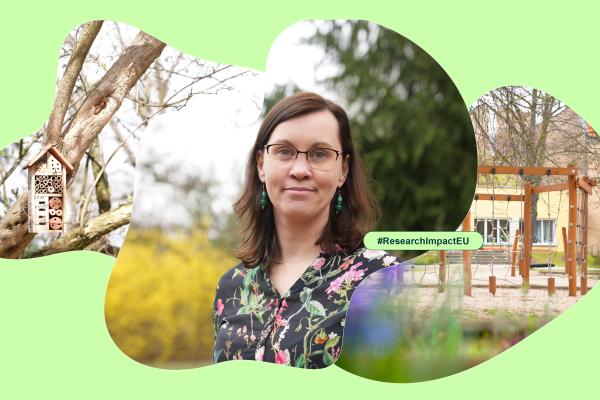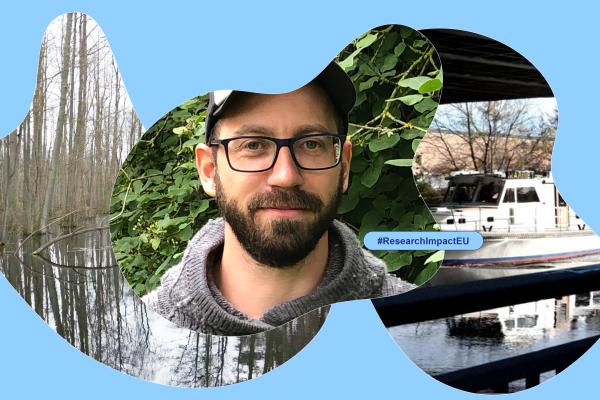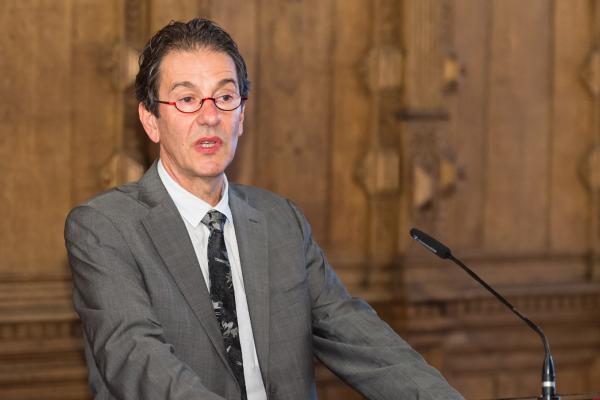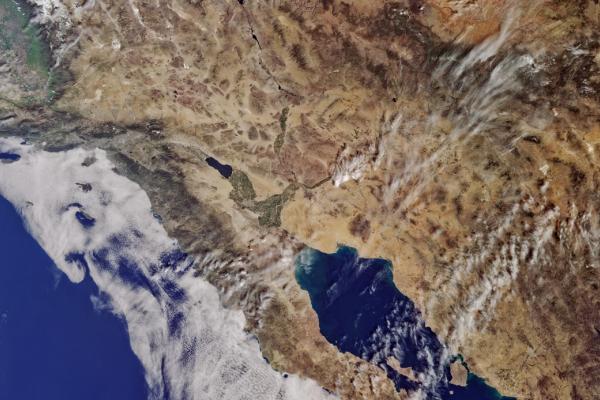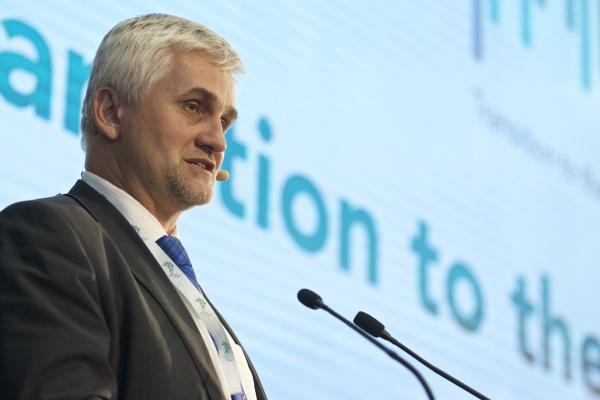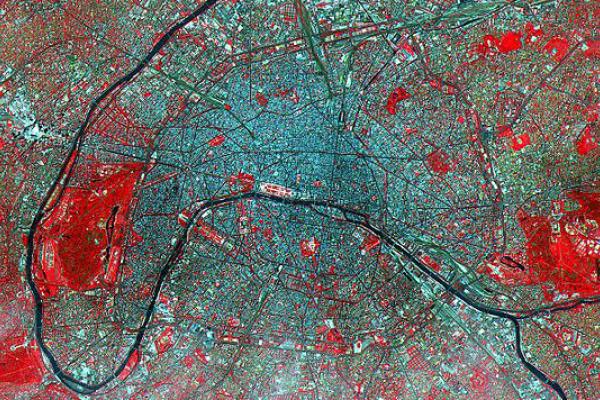Trillions of pieces of plastic, many of which will last for thousands of years, are floating in the oceans, potentially damaging human health, killing birds and fish, and even adding to global…
The Pacific region can serve as an exemplar of how science diplomacy could work, according to Professor Jean-François Marini, coordinator of the EU-funded PACE-Net Plus project and former adviser to…
Bacteria that grow their own electrical wires to help them survive in harsh environments are transforming how we process sewage.
Field robots and plane-based remote sensors can patrol the earth and the sky to monitor the gases that cause climate change.
Hacking trees by adding bacteria to their roots could help scrub contaminated soil clean of chemicals and metals from industrial spillages and fallouts, a process known as gentle remediation.
Highly sophisticated computers are mining vast amounts of data from the web, digital maps and satellite imagery to pick out trends in areas like demographics, transport and the environment.
The green economy aims to achieve growth without harming the environment, but to transform our current society our leaders need to further embrace this change, according to Jan Dusik, director of the…
Inserting bacteria into bricks and concrete could help generate heat, circulate air and repair cracks, according to researchers who are designing innovative construction materials to transform bricks…
Europe’s big cities have been spreading their tentacles into surrounding villages and farmland for centuries. Now, satellite analysis is helping free up old parking lots, disused factories and…
The United Nation’s declaration on the future of the world’s cities, known as the Quito Declaration, will mean that citizens’ needs are placed at the heart of the urban development process, according…


